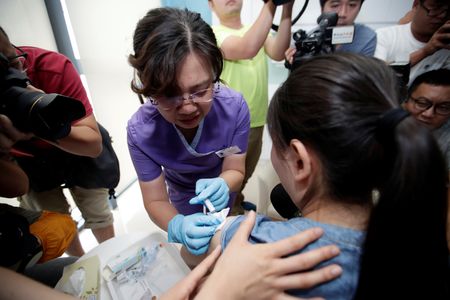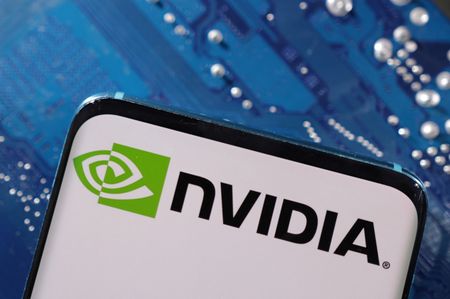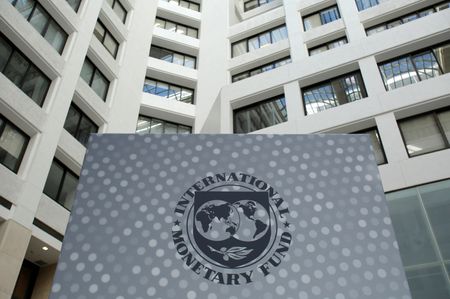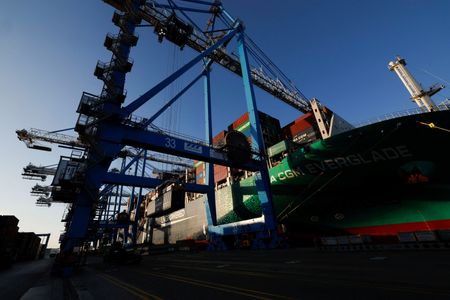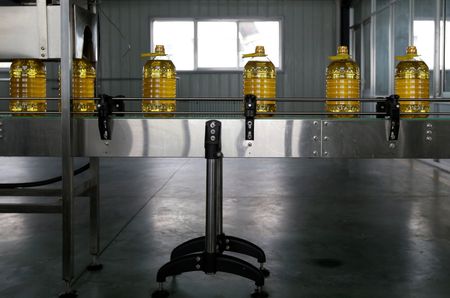By Michael Erman and Mariam Sunny
(Reuters) -Merck said on Tuesday it was extending its pause on Gardasil shipments to China until at least the end of 2025 due to persistent weakness in demand for the blockbuster human papillomavirus vaccine, sending its shares down as much as 8%.
The drugmaker, which reported lower second-quarter results, had previously said the pause would last at least until the middle of this year. It had suspended the shipments in February.
Gardasil has been one of Merck’s top growth drivers aside from blockbuster cancer immunotherapy Keytruda, and much of its international growth has come from China.
Softer Gardasil demand in Japan also hurt Merck’s sales, and the region is expected to be a “more significant headwind” in the back half of the year.
“The Gardasil pain looks like it might drift into 2026 – credibility for management on this topic is still a sore point,” said Bernstein analyst Courtney Breen.
Merck CFO Caroline Litchfield tried to reassure investors and said that “Gardasil China represents a fraction of our company now, much less than 1%, we’re not counting on it for growth.”
The company on Tuesday also announced job and cost cuts that it said will save $3 billion annually by the end of 2027, and kept its outlook for tariff-related costs unchanged at $200 million, pending any additional potential government actions.
The cost cuts include $1.7 billion in annual savings from the elimination of certain administrative, sales and R&D positions, Merck said. It also plans to reduce its global real estate footprint and optimize its manufacturing network.
“We are looking to reallocate money and resources from the slower growth areas of the business to fully fund fast-growing areas of our business,” CEO Rob Davis said on the second-quarter earnings call.
The company is focusing on newer drugs, including lung disease treatments Winrevair and Ohtuvayre, which was recently acquired in a $10 billion takeover of UK-based Verona Pharma.
Investors have, however, been concerned about how Merck would replace revenue from Keytruda, the world’s best-selling drug, which is set to lose patent protection toward the end of the decade.
Declining sales of Gadrasil have added to Merck’s pain. Shares of the company have lost more than 36% of their value since Merck first flagged weakness in China sales of the vaccine last year.
Second-quarter sales of Gadrasil missed Wall Street’s lowered estimates, according to data compiled by LSEG. Merck sold $1.1 billion of the vaccine, down 55% from a year ago.
The acquisition of Verona “was a good first step, but investors want to see further evidence, either through additional M&A or pipeline successes, that Merck can offset the coming decline in Keytruda sales,” said James Harlow, senior vice president at Novare Capital Management.
Merck earned $5.4 billion, or $2.13 a share, in the second quarter, down 7% from a year earlier. Analysts had forecast earnings of $2.01.
Revenue in the quarter fell 2% to $15.8 billion, compared with analysts’ estimate of $15.9 billion.
The company now expects to earn $8.87 to $8.97 a share in 2025, above analysts’ estimates of $8.87.
(Reporting by Michael Erman and Mariam Sunny; Editing by David Gregorio and Shinjini Ganguli)

